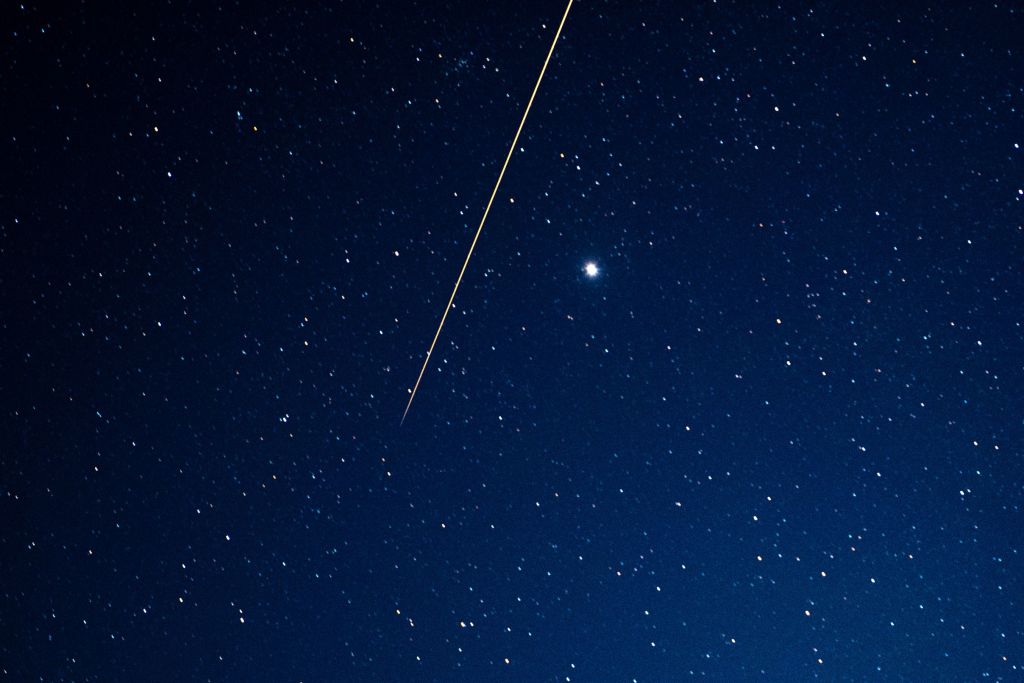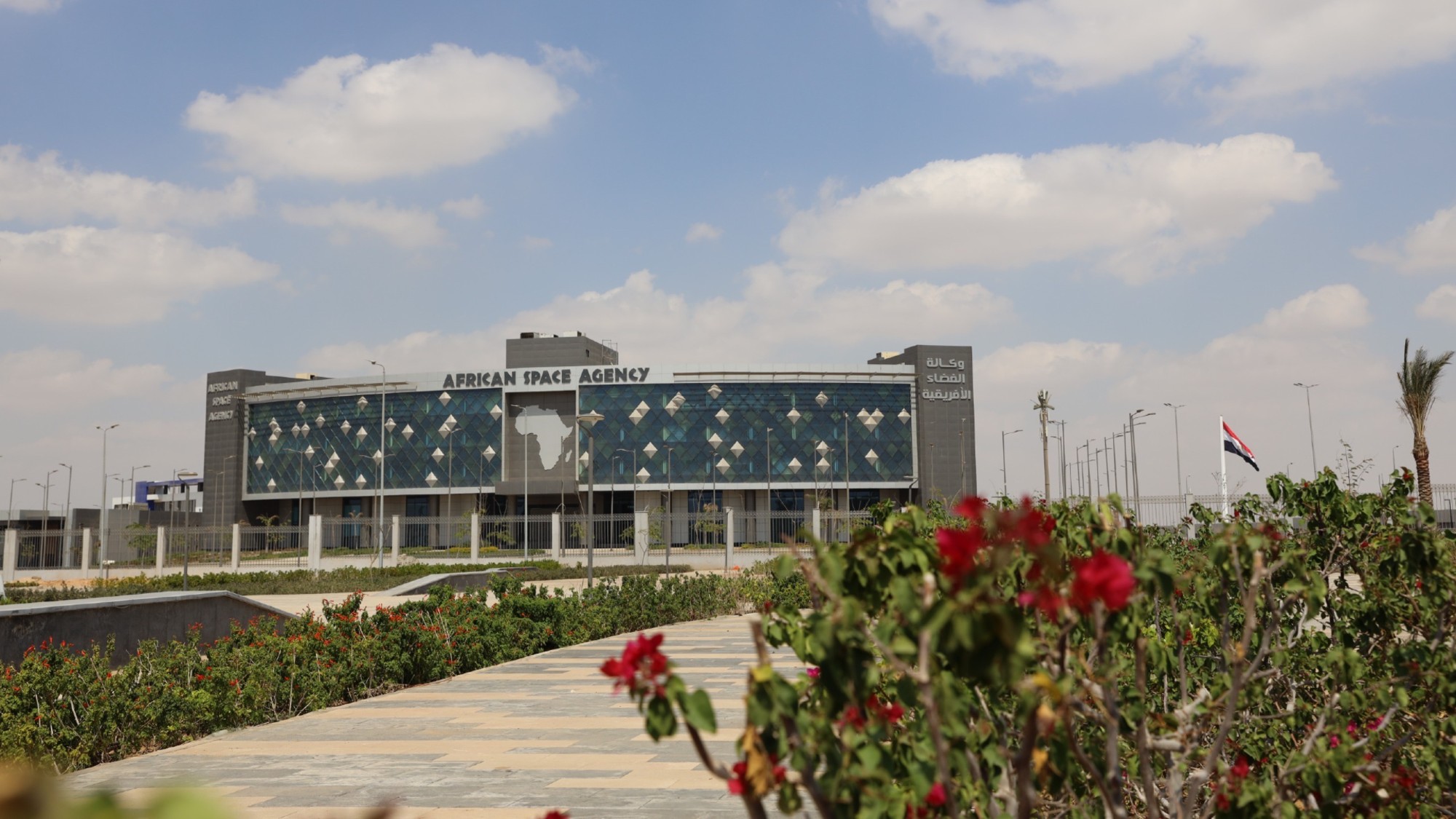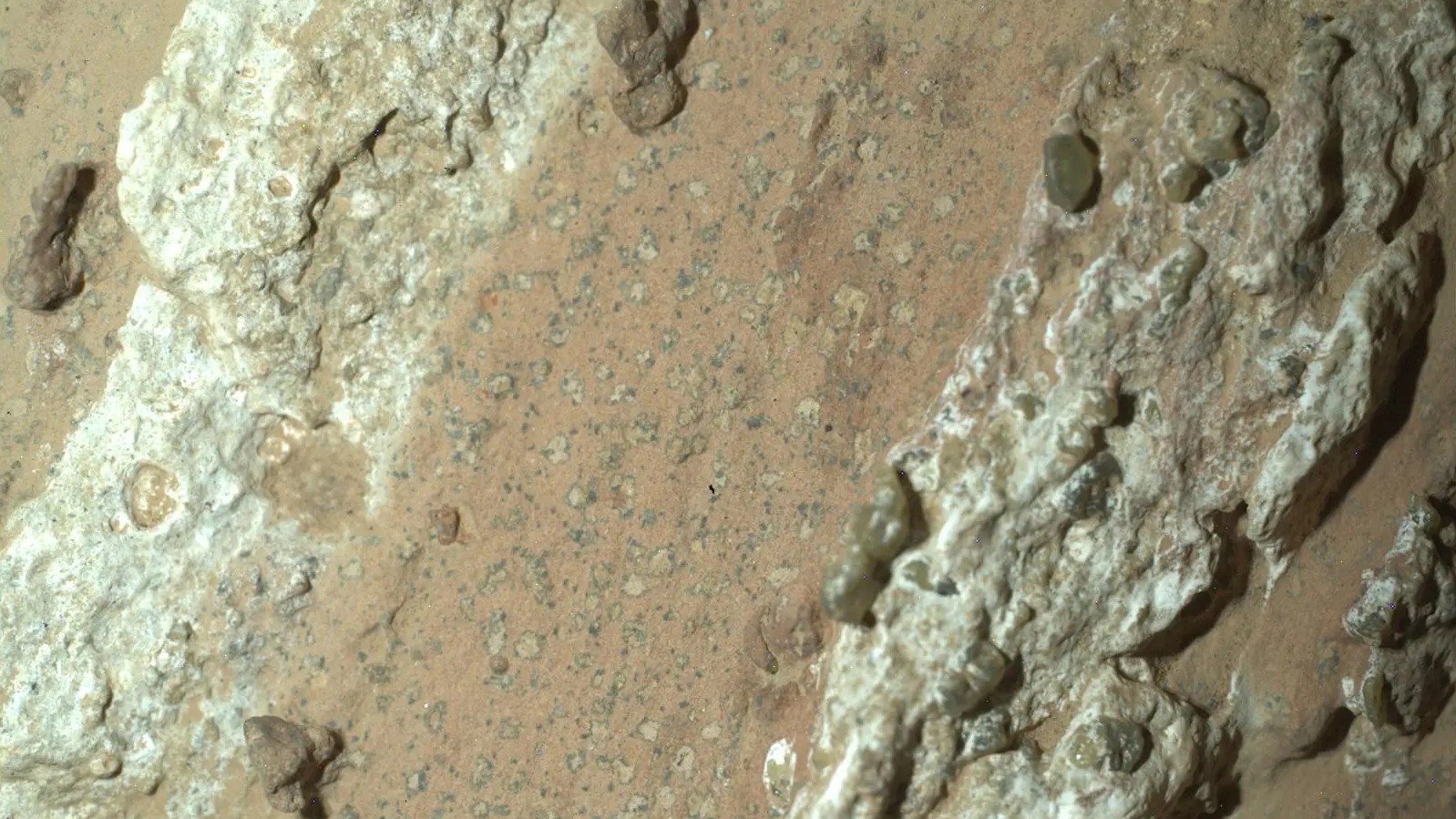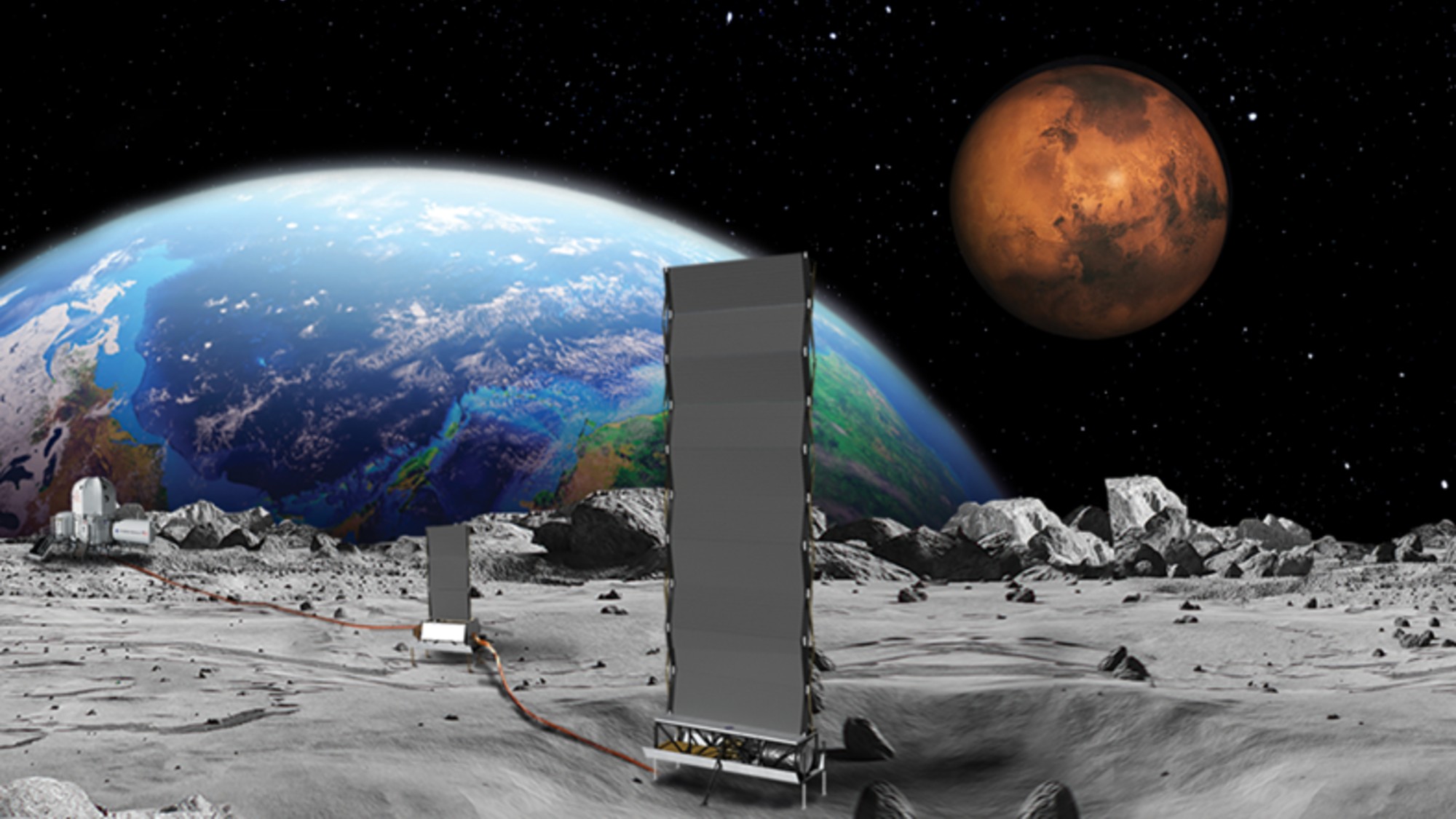Why 2022 could be an even bigger year for space exploration


A free daily email with the biggest news stories of the day – and the best features from TheWeek.com
You are now subscribed
Your newsletter sign-up was successful
If you thought 2021 was a big year for space travel and research, prepare to be dazzled by 2022 — which holds "just as much promise, if not more" than 2021 — as "NASA and the growing space industry" continue what "has amounted to a renaissance of exploration," reports The Washington Post.
Two behemoth rockets — each "more powerful than the Saturn V that flew the Apollo astronauts to the moon" — are prepping to take flight in 2022 as part of NASA's Artemis program, which hopes to return astronauts to the lunar surface by 2025.
Rocket Lab, which launches from New Zealand, is also scheduled to send a "small satellite to the moon to serve as a precursor for human missions by testing the orbit for the space station" that NASA hopes to send to the same place, writes the Post.
The Week
Escape your echo chamber. Get the facts behind the news, plus analysis from multiple perspectives.

Sign up for The Week's Free Newsletters
From our morning news briefing to a weekly Good News Newsletter, get the best of The Week delivered directly to your inbox.
From our morning news briefing to a weekly Good News Newsletter, get the best of The Week delivered directly to your inbox.
Furthermore, a number of new rockets will step onto the scene in 2022, including "the United Launch Alliance's Vulcan rocket, which would be used by the Pentagon to launch national security satellites," and Relatively Space's 3D-printed Terran 1 vehicle to be launched from Cape Canaveral.
Airline company Boeing is also working to complete a test flight for its Starliner spacecraft, with the intent of carrying NASA astronauts to and from the International Space Station, per the Post.
And, of course, among next year's other intergalactic ventures and experiments (which will include more from the James Webb Space Telescope), Jeff Bezos' Blue Origin will fly "six or more suborbital flights in 2022," while Richard Branson's Virgin Galactic will work to begin commercial service "on its suborbital spaceplane for paying space tourists." Read more at The Washington Post.
A free daily email with the biggest news stories of the day – and the best features from TheWeek.com
Brigid Kennedy worked at The Week from 2021 to 2023 as a staff writer, junior editor and then story editor, with an interest in U.S. politics, the economy and the music industry.
-
 How the FCC’s ‘equal time’ rule works
How the FCC’s ‘equal time’ rule worksIn the Spotlight The law is at the heart of the Colbert-CBS conflict
-
 What is the endgame in the DHS shutdown?
What is the endgame in the DHS shutdown?Today’s Big Question Democrats want to rein in ICE’s immigration crackdown
-
 ‘Poor time management isn’t just an inconvenience’
‘Poor time management isn’t just an inconvenience’Instant Opinion Opinion, comment and editorials of the day
-
 NASA’s lunar rocket is surrounded by safety concerns
NASA’s lunar rocket is surrounded by safety concernsThe Explainer The agency hopes to launch a new mission to the moon in the coming months
-
 Blue Origin launches Mars probes in NASA debut
Blue Origin launches Mars probes in NASA debutSpeed Read The New Glenn rocket is carrying small twin spacecraft toward Mars as part of NASA’s Escapade mission
-
 Dinosaurs were thriving before asteroid, study finds
Dinosaurs were thriving before asteroid, study findsSpeed Read The dinosaurs would not have gone extinct if not for the asteroid
-
 Africa could become the next frontier for space programs
Africa could become the next frontier for space programsThe Explainer China and the US are both working on space applications for Africa
-
 NASA reveals ‘clearest sign of life’ on Mars yet
NASA reveals ‘clearest sign of life’ on Mars yetSpeed Read The evidence came in the form of a rock sample collected on the planet
-
 SpaceX breaks Starship losing streak in 10th test
SpaceX breaks Starship losing streak in 10th testspeed read The Starship rocket's test flight was largely successful, deploying eight dummy satellites during its hour in space
-
 Rabbits with 'horns' sighted across Colorado
Rabbits with 'horns' sighted across Coloradospeed read These creatures are infected with the 'mostly harmless' Shope papilloma virus
-
 Why does the US want to put nuclear reactors on the moon?
Why does the US want to put nuclear reactors on the moon?Today's Big Question The plans come as NASA is facing significant budget cuts
